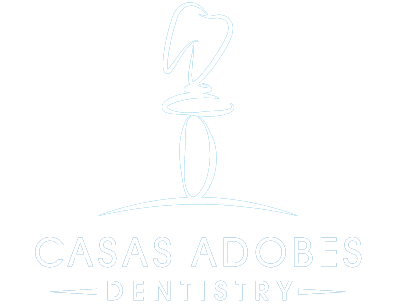Questions to Ask an Oral Surgeon About Corrective Jaw Surgery

Corrective jaw surgery from an Oral Surgeon is a complex procedure, and if you are due to undergo it, you need to be well informed about the process. To know what to expect throughout the treatment, you need to ask questions.
Questions to ask an oral surgeon about corrective jaw surgery
In this article, you will find vital questions to ask an oral surgeon and why they matter.

What is corrective jaw surgery?
Jaw surgery is not the same for every patient, as it depends on the type and extent of the malocclusion to be corrected. Patients should try to find out if they will need surgery on one or both jaws, the variety of surgical devices (such as plates or screws) to be used and the point of incisions.
Is the surgery the only effective alternative available?
This surgery is a major step and the process can be extensive, so it is better to ensure that it is the best and effective option available before signing up for the procedure.
What is the consequence of avoiding surgery?
Possible complications from leaving skeletal malocclusion untreated include speech problems, jaw disorders, headaches and severe dental issues caused by excessive tooth wear. Knowing the consequences of avoiding surgery can help the patient make a guided decision regarding their oral health.
What are the risks associated with the surgery?
Jaw surgery is generally safe and effective for correcting skeletal malocclusions, but like any other surgery, there are risks. Patients need to ask the oral surgeon for a detailed explanation about the potential risks of the surgery.
What are the benefits of the procedure?
Patients have to undergo months of orthodontic care before and after corrective jaw surgery, so it requires commitment. Knowing the benefits of the surgery can make the commitment worthwhile.
What is the oral surgeon's experience performing corrective jaw surgery?
It is crucial to choose an oral surgeon who is skilled in jaw surgery to ensure functional and aesthetic results. Jaw surgeries are usually different, depending on the condition, so patients must ensure that the surgeon has experience handling patients with similar cases.
How long will the hospital stay be?
Transportation back home and aftercare after the procedure is vital, so knowing how long the procedure takes and the duration of hospital stay will help patients make necessary arrangements ahead of the surgery.
What are the potential complications?
Patients need to know the signs of common complications that may occur after surgery. They should ask the surgeon for a detailed list because early detection and treatment of complications (such as bleeding or infection) can help reduce the severity of any pain. When complications occur, it is important to contact the surgeon immediately.
In conclusion
A good oral surgeon will be willing to answer any questions and explain the procedure in a way that you can understand. If the surgeon is not ready to do that, find another one. Between planning for the treatment, surgery, and recovery, you will be visiting the surgeon frequently. This means you need to choose the surgeon you feel comfortable with. If your chosen surgeon is a cosmetic dentist, they may be able to also provide you with preventative dental treatment, like teeth cleanings, as well as minimally invasive treatments, like LANAP, which uses PerioLase to eliminate bacterial infection.








